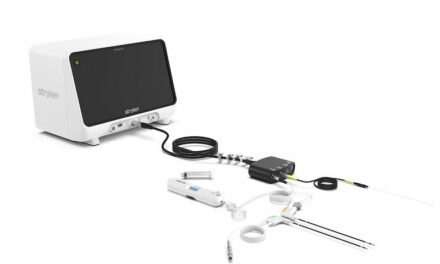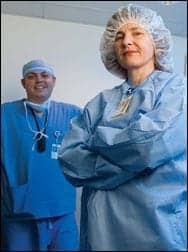The solution routes waveform-supported alerts to clinicians’ mobile devices, aiming to reduce alarm fatigue and improve response times.
AirStrip, a provider of vendor-agnostic clinical surveillance and decision support technologies, announced the launch of AirStrip Alarm Management, an integrated platform that modernizes how hospitals manage clinical alarms.
This US Food and Drug Administration-approved solution routes critical alerts to clinicians’ mobile devices, supported by waveform vital sign data, aiming to help care teams respond faster and reduce alarm fatigue across care settings.
Built to integrate with existing systems, AirStrip Alarm Management supports a vendor-neutral approach to alarm workflows. The MDI library enables hospitals to access data from disparate devices and systems, enhancing visibility and decision-making.
“This FDA-approved platform is a meaningful advancement for healthcare systems. It simplifies alarm management, eases clinician workload, and contributes to a safer, more sustainable care environment especially for high-risk, high-cost patient care,” says Dr Patrick Soon-Shiong, chairman of AirStrip’s board of directors, in a release.
With support from AirStrip, hospitals can custom-select configurations for alert escalations and notifications. This platform integrates with staff assignment solutions to avoid over-alerting while supporting unit-specific overrides, delivering clinically actionable alerts. The centralized dashboard allows end users to dispatch alerts, document significant arrhythmias to the EHR, and track alarms in near-real time, offering automated audit trails for workflow transparency.
Clinicians receive alerts enriched with contextual information and waveforms, allowing them to act immediately or escalate when necessary. The Alert Tracker feature gives hospital leaders insight into alarm activity across the system with near real-time updates and detailed logs.
“As someone who experiences alarm fatigue firsthand, I see the immediate clinical value of this solution. It brings clarity to urgent situations and helps us deliver faster, safer care,” says Haris Naseem, MD, AirStrip’s CEO and a practicing cardiac electrophysiologist, in a release.
Photo caption: AirStrip
File photo/Provided





